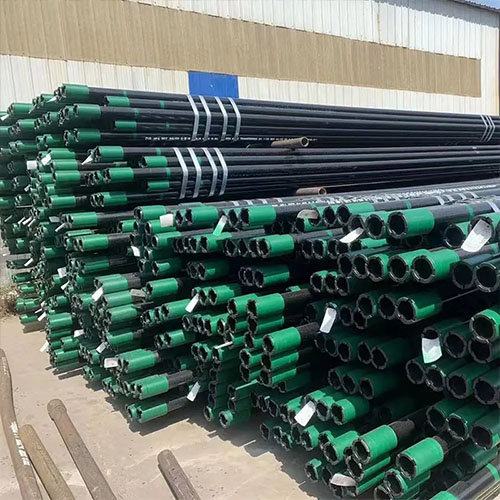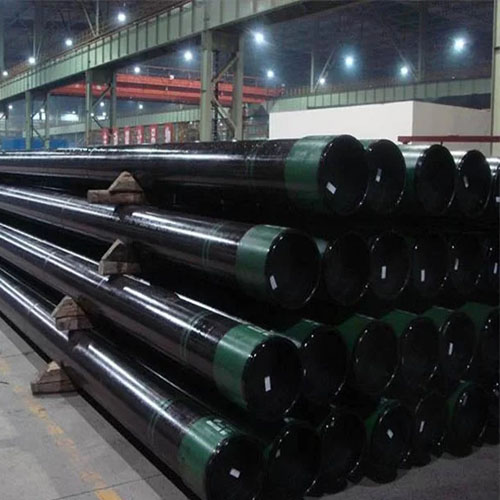Table of Contents
Differences Between API-5CT N80-1 and N80Q Casing and Tubing
API-5CT N80-1 and N80Q casing and tubing are two common types of steel casing and tubing used in the oil and gas industry. While they may seem similar at first glance, there are some key differences between the two that are important to understand when selecting the right material for a particular application.
One of the main differences between API-5CT N80-1 and N80Q casing and tubing is their yield strength. N80-1 has a minimum yield strength of 80,000 psi, while N80Q has a higher minimum yield strength of 95,000 psi. This means that N80Q is stronger and more durable than N80-1, making it a better choice for applications where high pressure and high stress are expected.

In addition to their yield strength, N80-1 and N80Q casing and tubing also differ in their chemical composition. N80-1 has a maximum carbon content of 0.43%, while N80Q has a maximum carbon content of 0.36%. This difference in carbon content can affect the material’s weldability and toughness, with lower carbon content generally leading to better weldability and toughness.
Another important difference between N80-1 and N80Q casing and tubing is their heat treatment. N80-1 is typically normalized and tempered, while N80Q is quenched and tempered. This difference in heat treatment can affect the material’s mechanical properties, with quenched and tempered steel generally having higher strength and hardness compared to normalized and tempered steel.

When it comes to corrosion resistance, both N80-1 and N80Q casing and tubing are designed to resist corrosion in harsh environments. However, N80Q may offer slightly better corrosion resistance due to its higher yield strength and lower carbon content. This can be particularly important in applications where the casing and tubing are exposed to corrosive fluids or environments.
In terms of cost, N80Q casing and tubing are typically more expensive than N80-1 due to their higher yield strength and more complex heat treatment process. However, the higher cost of N80Q may be justified in applications where high strength and durability are required.
Overall, the choice between API-5CT N80-1 and N80Q casing and tubing will depend on the specific requirements of the application. N80Q is a stronger and more durable material with better weldability and toughness, making it a good choice for high-pressure and high-stress applications. On the other hand, N80-1 may be more cost-effective for applications where lower strength and hardness are acceptable.
In conclusion, while both API-5CT N80-1 and N80Q casing and tubing are suitable for use in the oil and gas industry, they have some key differences that should be considered when selecting the right material for a particular application. Understanding these differences can help ensure that the chosen material meets the requirements of the application and performs as expected in the field.
